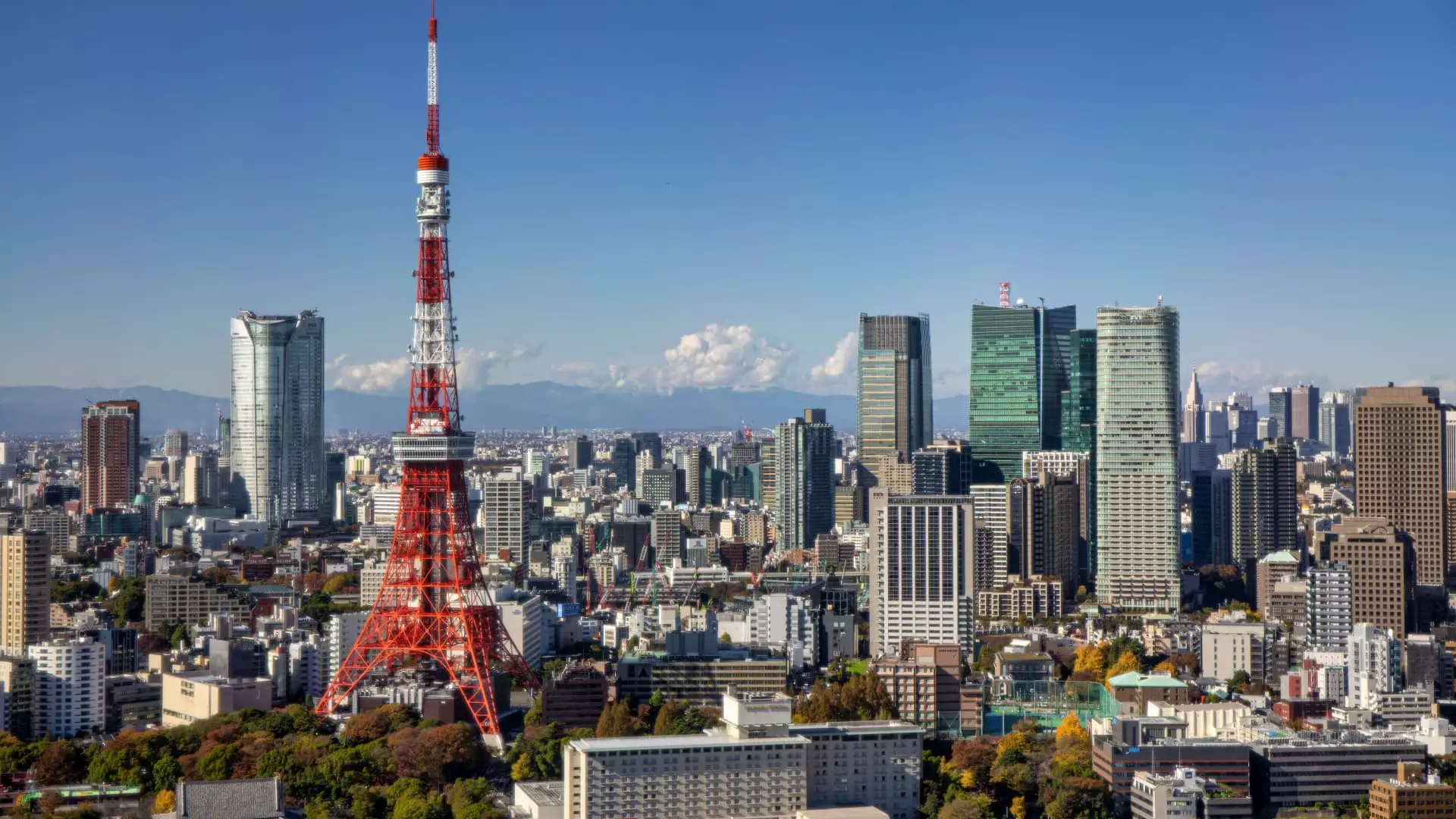Federal Reserve Chair Jerome Powell recently expressed concerns about the persistence of inflation and hinted that interest rates may need to remain at higher levels for an extended period. Despite positive signs in economic growth and the labor market, Powell highlighted the lack of progress in achieving the 2% inflation target. This poses a challenge for monetary policy, as the data does not provide the necessary confidence to ease the current restrictive stance. Powell’s remarks indicate that the road to achieving economic stability might be longer and more uncertain than previously anticipated.
Iran’s recent air assault on Israel has escalated tensions in the Middle East, raising concerns about the long-term risk in the region. While crude oil prices have temporarily eased following successful defense by Israel and its allies, the situation remains volatile. Tom Donilon, a former national security advisor, warned of the structural increase in the risk profile due to the ongoing conflict. He expressed particular concern about the potential for terrorist attacks in the West as the Israel-Hamas conflict persists. The situation poses a significant threat to stability and security in the region and beyond.
Federal Reserve Governor Philip Jefferson also weighed in on the inflation outlook, emphasizing the need for a continued restrictive policy to combat price growth. Jefferson’s baseline projection suggests a decline in inflation, supported by a strong labor market. However, he acknowledged the uncertainty surrounding the outlook and the possibility of inflation proving more persistent than anticipated. Jefferson’s stance aligns with the market’s expectation for the Fed to maintain rates until September before considering a gradual rate cut.
The challenges facing the economy and national security are complex and interconnected. The Federal Reserve’s dilemma with inflation highlights the delicate balancing act required to foster economic growth while maintaining price stability. The uncertainty surrounding the inflation outlook underscores the need for a cautious approach to monetary policy.
On the national security front, the escalating tensions in the Middle East underscore the fragile geopolitical landscape and the potential for broader conflict. The risk of terrorist attacks further exacerbates the security concerns, both regionally and globally. The interplay between economic stability and security risks poses a significant challenge for policymakers and stakeholders alike.
As the economy grapples with inflationary pressures and the Middle East faces escalating tensions, the need for vigilant policymaking and strategic foresight is more critical than ever. The Federal Reserve must navigate the uncertain economic landscape with prudence, while security experts monitor and mitigate the risks of conflict and terrorism. The interconnected nature of these challenges underscores the importance of a holistic approach to addressing the complex issues facing the economy and national security. Only through collaborative and informed decision-making can we hope to navigate these turbulent waters and steer towards a more stable and secure future.


Leave a Reply